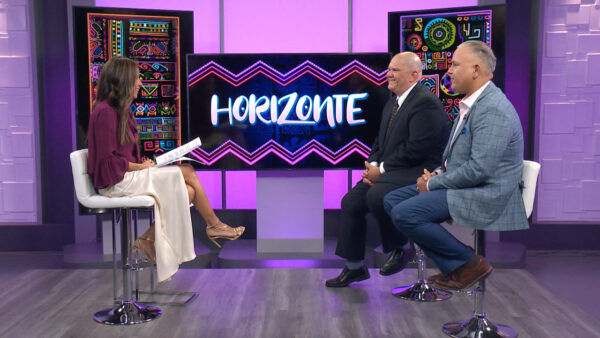New program testing Phoenix firefighters to catch cancer early
Feb. 4, 2023
Firefighters are at higher risk for developing cancer than the general population. Pablo Prichard, a plastic and reconstructive surgeon and co-founder of Vincere Cancer Center in Scottsdale, shared how his team began to investigate after seeing an increased number of young firefighters in their clinic.
You compared what you saw with the data of what the 9/11 first responders were dealing with with cancer as well. What did you learn from that comparison that shocked you the most?
Over 15,000 of the first responders who answered the call on 9/11 already have cancer, according to Prichard’s data. That suggested that the environmental toxins they were exposed to was a primary cause, he said. He also said that those environmental exposures were comparable to those experienced by Phoenix firefighters.
“They were exposed to all these toxins from the fires they were exposed to, not just breathing in, because they had those breathing apparatus, but from the absorption through their skin, through their mucus membranes, from everywhere, and then even taking it with them,” Prichard said.
Why weren’t these aggressive forms of cancer you were seeing in firefighters being caught earlier?
This was because firefighters were seen medically as members of the general population in terms of risk factors, Prichard said.
“The general population has these cancer screening criteria, where say, back then, colonoscopies were at 50. Now they’re at 45. But even at 45, you’re not catching those 30-year-old and 40 firefighters with colorectal cancer. It does them no good.”
“Because of that, they were just being treated like a general population low-risk, not the high-risk population that they are, we thought, we had to change that.”
What kind of success rate have you seen so far, and how have you changed that?
Prichard described the center’s partnership with the City of Phoenix to launch a pilot program to “aggressively test” several-hundred firefighters for different types of cancer.
“If you catch a cancer when it’s stage 1 or stage 2, it’s very treatable, very curable. When you catch it at stage 4, likely, it’s a very poor prognosis, and they’re going to have a couple years of a very miserable existence of tons of treatments, poisons and chemotherapies thrown at them. So catching it early is paramount.”
Prichard reported that 21 out of the 600 firefighters initially screened had early-stage cancer, “…incredibly treatable and curable compared to those stage fours we found before the pilot program.”




















